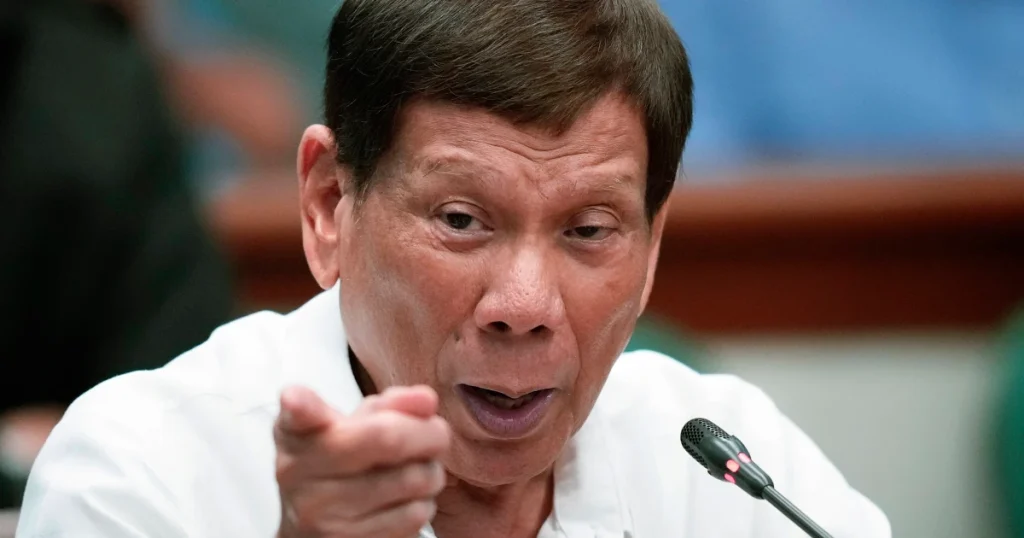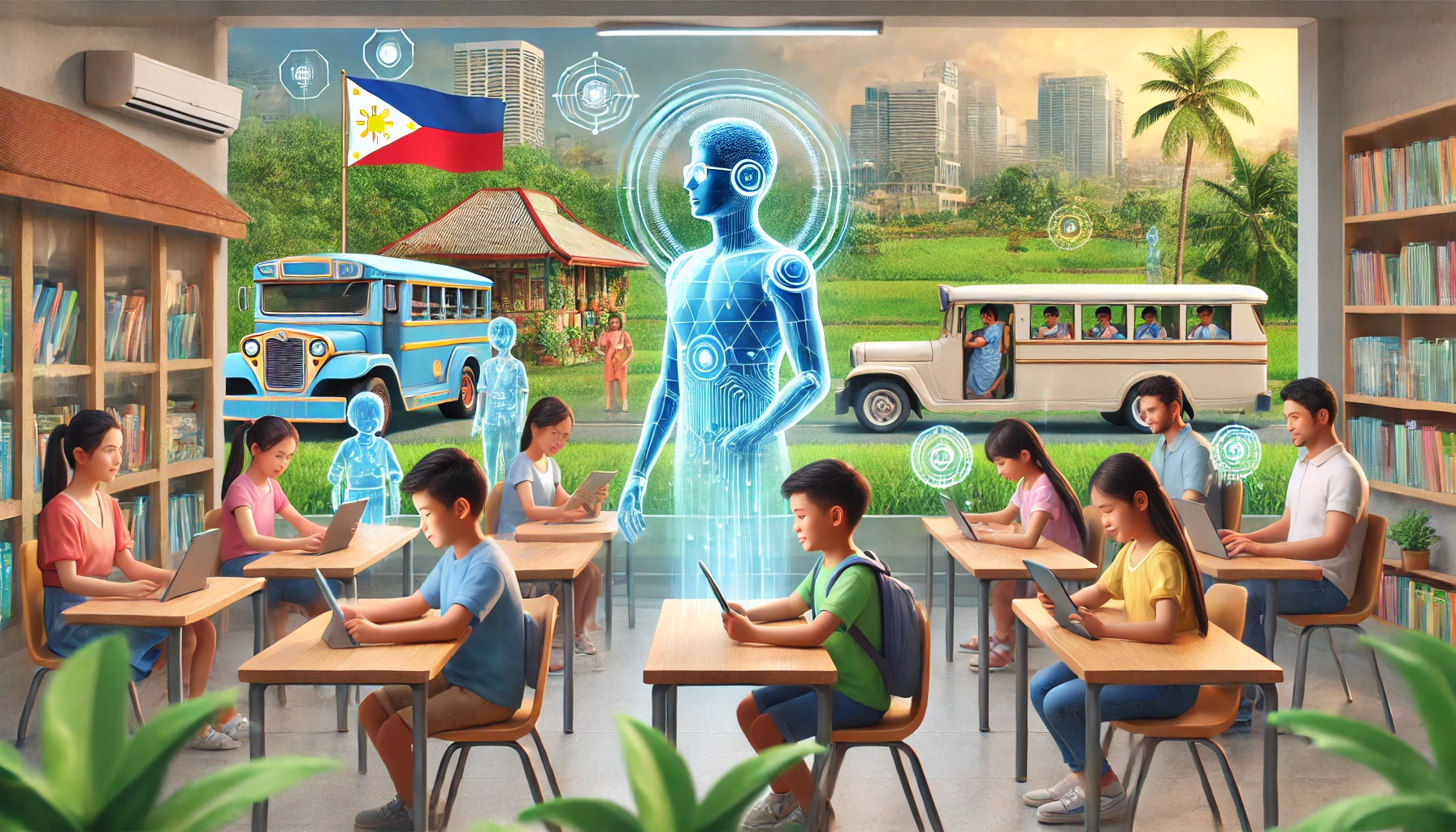The political climate in the Philippines has long been a hotbed of debate, especially under the administration of former President Rodrigo Duterte. His rise to power and the policies he championed polarized the nation. A notable question arises: Is there a correlation between families who voted for Duterte and the prevalence of antisocial behavior within their dynamics?
Understanding the Context
- The Duterte Phenomenon
Duterte’s presidency was marked by strong rhetoric, authoritarian tendencies, and a no-nonsense approach to governance. His war on drugs and crackdown on crime resonated with millions, particularly those who felt left behind by previous administrations. However, his leadership style and the resulting societal shifts have often been criticized for fostering a culture of violence, fear, and division. - Cultural and Political Influence
Political leaders often shape societal norms, sometimes subtly, sometimes overtly. Duterte’s unapologetically brash demeanor and public endorsement of aggressive measures may have influenced social attitudes, especially among his staunch supporters.
Antisocial Behavior: A Societal Reflection?
Antisocial behavior refers to actions that harm or disregard others’ well-being or societal norms. Examples include aggression, disregard for rules, and lack of empathy. Could the following factors contribute to such behavior among Duterte supporters?
My personal answer to this question is: YES, there is a correlation. A populist who doesn’t make it a secret that he is planning to murder others and also did it, violating human rights of thousands can probably count on the sympathy of like-minded who share the same thoughts. And it happens, it’s exactly this ripple effect that turns the Philippines into a banane republic.
Filipinos like to present themselves as a Christian people and often confuse religion with political leadership. After witnessing their own president committing extrajudicial killings and even instructing the police on how to shoot people through their heads, they began to think this behavior is normal, forgetting the real Christian values. What remains are lying, stealing, deceit, and corruption, which have become the new norm. The family I am referring to (the Guillermos in Mabuhay, Baungon, Bukidnon) stole two million pesos from me and excel in hypocrisy, occupying the front row in church

- Normalization of Aggression
Duterte’s controversial comments, such as endorsing extrajudicial actions, may have inadvertently normalized aggression in certain circles. Families who embraced his rhetoric might view such behavior as acceptable or even necessary. - Polarization and Division
Duterte’s era deepened political divides, with his supporters sometimes engaging in heated conflicts with critics. This division could manifest in interpersonal conflicts and an “us vs. them” mindset, fostering antisocial tendencies. - Echo Chambers
Supporters often gathered in like-minded groups, amplifying rhetoric that demonized opposing views. This environment can diminish empathy and increase hostility toward dissenters.
Beyond Politics: Nuanced Realities
It’s important to avoid overgeneralizing. Not all families who supported Duterte exhibit antisocial behavior, this is happening in the rural area’s primarily nor is political preference the sole determinant of one’s conduct. Other factors, such as socioeconomic conditions, education, and individual family values, play significant roles.
Empathy and Understanding as Counterbalances
If societal divisions are indeed contributing to antisocial tendencies, fostering empathy, dialogue, and understanding can help bridge gaps. Encouraging critical thinking and mutual respect is crucial in overcoming the negative aspects of political polarization.
A Call for Self-Reflection
Whether or not there’s a direct link between political allegiance and behavior, the conversation opens up a broader question: How do leadership and societal norms shape the way families interact and perceive others? As citizens, it’s essential to reflect on these dynamics and work toward a society rooted in mutual respect and understanding.
What do you think? Have you observed shifts in social behaviors influenced by political preferences? Let’s discuss in the comments.
[SEO optimized]


